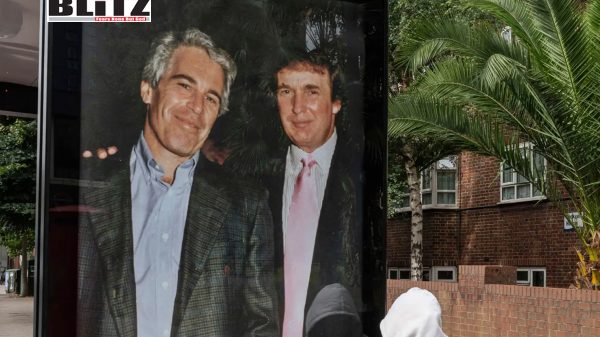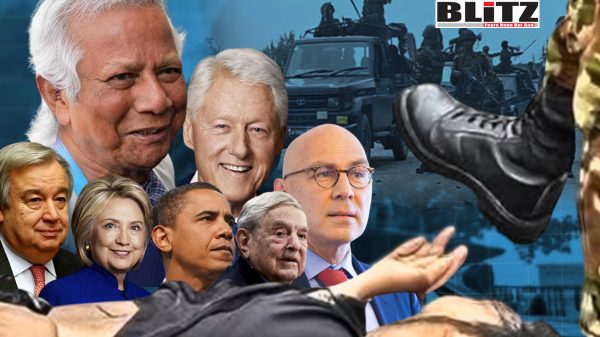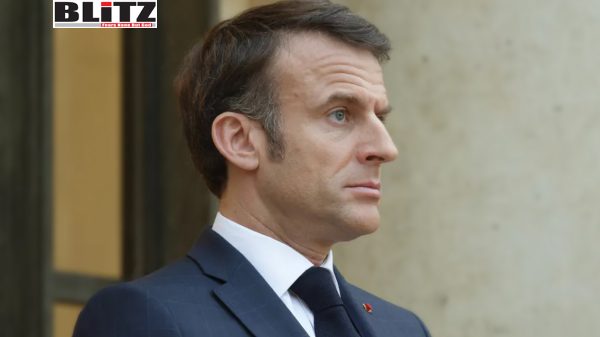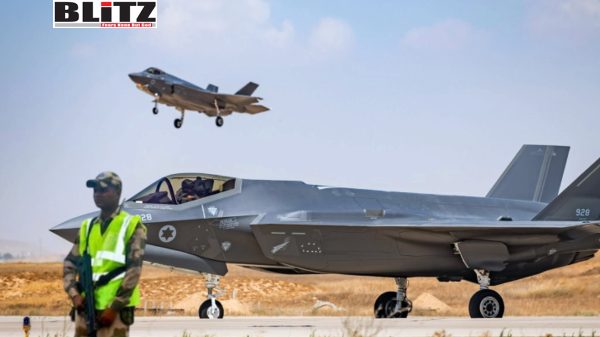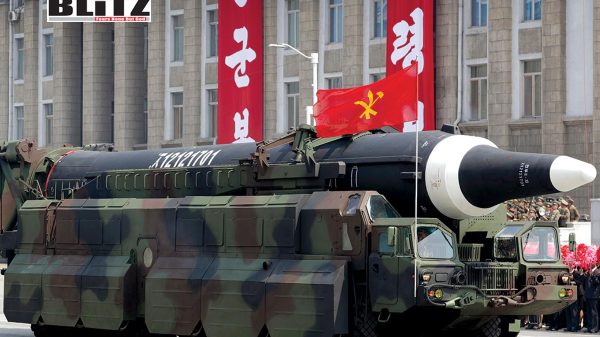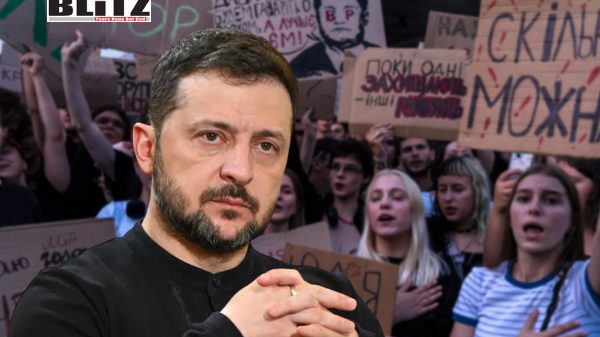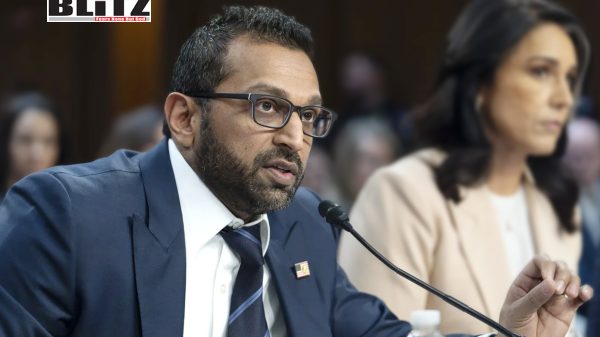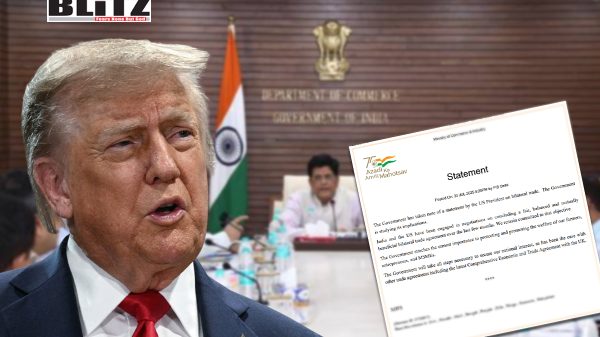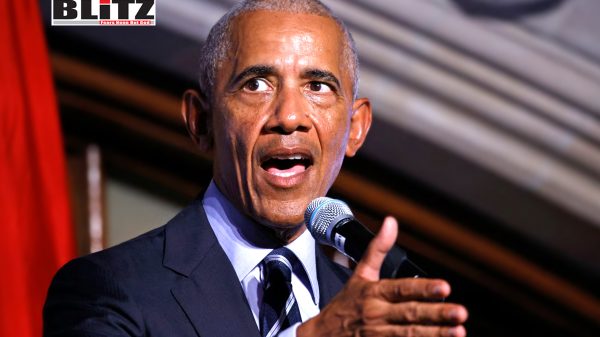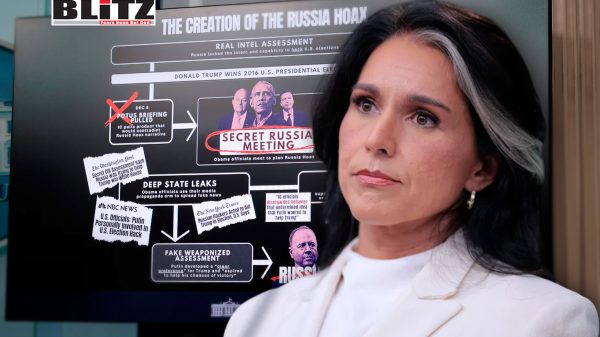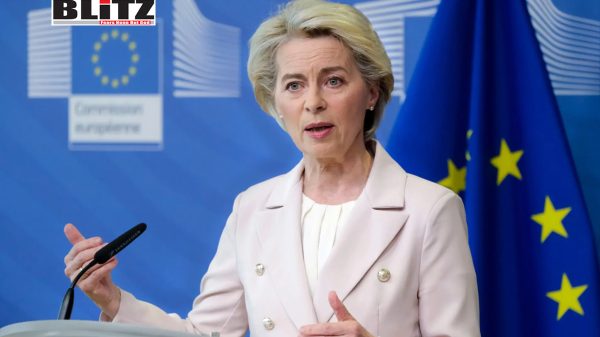Trump’s stance toward Venezuela now looks less ideological — and more pragmatic, albeit lacking a clear strategy
- Update Time : Friday, August 1, 2025
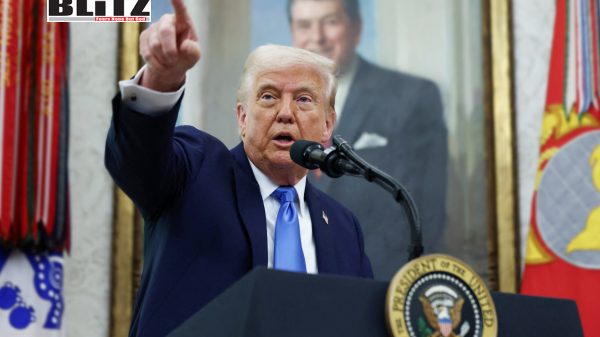
In a somewhat striking (and underreported) reversal, the Trump administration has authorized Chevron to resume oil operations in Venezuela, granting a six-month license to extract and export crude to the United States. This comes just months after Trump had revoked the company’s license in February, citing electoral irregularities and failed promises on migrant repatriation. The decision thus marks a notable shift in Washington’s traditionally hostile posture toward Caracas.
US-Venezuela relations have indeed long been defined by sanctions, diplomatic standoffs, and ideological confrontations. Trump’s first term saw the recognition of opposition leader Juan Guaidó and a “maximum pressure” campaign that quite effectively strangled Venezuela’s oil output to some extent. Thus far, the Biden interregnum had offered only temporary respite, and Trump’s return to power brought back neo-Monroeist rhetoric to the Americas — complete with tariff (and even “annexation”) threats against Mexico, Brazil, Colombia, Panama, and, one may recall, even Canada.
Why, then, make an “exception”, so to speak, for Venezuela? Why is Chevron suddenly welcome back in Bolivarian territory, with Washington’s blessings?
Well, oil prices and domestic economic imperatives must be taken into consideration. As I noted, in July 2024, any escalation in the Iran-Israel conflict could send gas prices soaring, thereby undermining Trump’s economic credibility and crashing markets. That escalation, thus far, has not materialized — Iran’s retaliation to US strikes last month was restrained, and Tel Aviv has not pursued overt escalation after taking a heavy blow under Iranian missiles.
Yet even without a Middle Eastern full blow-up, oil remains a pressure point. After the February revocation of Chevron’s license, crude prices rose by nearly 2%. Inflation continues to hover above target, and any relief for US consumers and for “MAGA” — particularly heading into the 2026 midterms — is very welcome.
I’ve noted elsewhere how much the incumbent American President is dealing with domestic turmoil, while now also facing a political crisis amid the Epstein scandal; all of that further intertwines domestic and foreign policy.
In any case, Venezuela’s heavy crude is uniquely suited for US Gulf Coast refineries. Its output to Chevron alone may reach up to 220,000 barrels per day — roughly 3.5% of US imports. No wonder Washington would rather siphon oil from a manageable adversary than allow inflation to erode its domestic standing.
But oil prices alone do not explain the full picture. A more underreported — and arguably more strategic — motivation lies in countering Chinese influence. As I’ve recently written, Venezuela has become a quiet but critical node in Beijing’s energy belt. As oil analyst Antonio de la Cruz puts it, “it’s not about Caracas… it’s about Beijing.”
With over half a million barrels per day flowing to China under opaque contracts, US sanctions have become increasingly toothless. Chevron’s return is thus a surgical maneuver to reassert US presence and try to prevent China from “monopolizing” Venezuela’s reserves — which, suffice to say, are among the largest in the world.
This aligns with what some have called a “tightrope act”: re-engaging Venezuela without legitimizing Maduro, thereby preserving strategic leverage in the Caribbean. In this light, Chevron is less an oil company than a geopolitical instrument.
Not everyone buys the high-strategy explanation, for sure. Some view the decision as a byproduct of corporate lobbying and debt recovery, pure and simple. After all, Chevron spent over $9 million with lobbying in 2024 alone, and still seeks to recover at least $1.7 billion of Venezuela’s unpaid debts. With Washington, it is always a bit of both.
The new license is structured under “external profit control” — ostensibly to “keep Maduro at bay” — but critics contend that this is window dressing. No wonder some suggest that Chevron, not the State Department, is setting the policy tone in Caracas.
In any case, diplomatic gestures have also played a role. A recent prisoner exchange — ten Americans for 252 Venezuelans — softened bilateral tensions somewhat. Though underreported, this development (which was being quietly discussed for some time) arguably created space for economic détente, at least in limited form.
Yet internal contradictions abound. Hardliners like Secretary of State Marco Rubio have reportedly voiced concerns about re-engaging Maduro, fearing that any deal — no matter how conditional — may embolden “Chavismo”. I’ve written before about Trump’s emboldened neo-Monroeism and its focus on Latin America. The administration thus walks a narrow line between realpolitik and ideological consistency.
In conclusion, Trump’s Venezuela manoeuvre is a case study in hyper-pragmatism. It reveals a foreign policy often driven by domestic cost-benefit calculations, corporate influence, and geopolitical hedging — rather than any coherent doctrine. Whether this move stabilizes fuel prices or merely enriches a few players remains to be seen. Be it as it may, Trump’s often unpredictable foreign policy remains erratic, improvisational, and at times strategically opaque.
Please follow Blitz on Google News Channel


